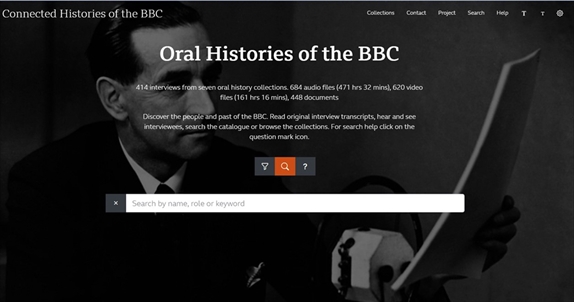
Taking the skills learned as a librarian and applying them to digital projects has provided a space to learn and develop for Denice Penrose, Director, Technically Minded, is an Information Professional and Learning Technologist. Here she
explains how she has embraced these digital opportunities and put her knowledge to good use.
I love the slogan “Librarian – the original Google”. It refers to a time when librarians were the gatekeepers of knowledge. The internet has made information ubiquitous, but as any librarian knows, access alone doesn’t equal effective
information retrieval, or the ability to evaluate the results.
Some might suggest that librarians are a dying breed – and we often field the question “what does a librarian do?” – but the skills developed in information storage and retrieval are universal, and translate readily from physical to digital
information. If you doubt this, ask yourself how often friends and family (and clients/users) tell you the information is not online, but using your skill in phrasing search terms, you find it quickly.
Information retrieval is only one facet of information science, although perhaps the most public facing. But organising and storing information, understanding information structures is perhaps the most useful. It ¬allows us to take a disorganised
mess and turn it into something structured, searchable and therefore useful. It is this skill that is vital in working with data and digitisation projects.
Join us today to support us in our mission, gain a boost in your career, or to start making a bigger impact in your industry.
I used to manage multiple libraries in FE. Ultimately, endless budget cuts made the task almost impossible, and I left the field. I found my skills translated readily to organisational roles, and then into working on academic research
projects in the digital humanities, which satiate a drive to learn and work with information, and also provide the challenge of developing new skills. It is fascinating how the skills gained in libraries translate to this sector.
My roles are fixed-term, as the research is funded by money from the research councils. This may not suit everyone, but I particularly love the flexibility, and take on multiple contracts at the same time, as well as work in other sectors.
I love the freedom, independence, and ability to shape my working life as I want.
Most recently, I worked on the Connected Histories of the BBC, (CHBBC) a project based at the University of Sussex and partnering with the BBC. A team of academics worked together to digitise and connect seven oral history collections
by and about the BBC and to join them in a free, publicly searchable catalogue. Initially, I worked on project admin but ultimately took responsibility for the metadata, a form of digital cataloguing, requiring accuracy, and aligning
the correct information into the appropriate places.
A taxonomy was built to facilitate the search. This is where an MSc and knowledge of information architecture came to the fore, but equally, years of using Library of Congress and Sears, and dealing with user enquiries were extremely valuable.
Personally, I think Google has spoiled people and made those wonderful standards obsolete as people search with natural language rather than a defined vocabulary, and then find this type of searching does not translate to a curated
database. (I may yet tackle this as a PhD thesis.) But, these standards facilitate an understanding of taxonomic structures, keywords, how to manage -“refer to” and “also see” to deal with search terms, and render information findable.
The particular jargon and specificity of search terms needed for a specialised subject area mean that standard taxonomies such as LC or Sears lack the ¬vocabulary needed. However the Glossary of Filmo¬graphic terms from the ¬International
Feder¬ation of Film Archives (fiaf) provided a good reference. Sue Malden from the British Entertainment History Project also shared the taxonomy they are developing. Ultimately, the CHBBC taxonomy was developed from the vocabulary
used in the collection.
Read in full.
CILIP members can read the full version of this article in the latest issue of Information Professional.



